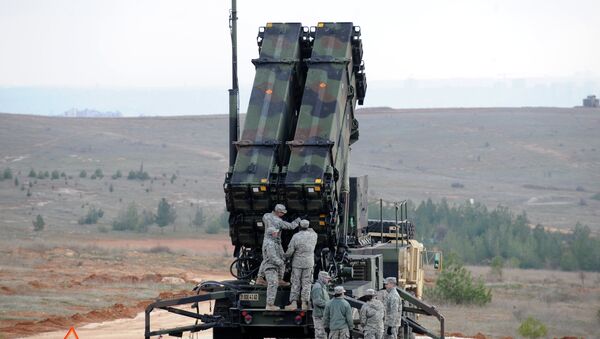WASHINGTON (Sputnik) — The United States will continue opposing Russian requests to curb its deployment and development of missile defense systems, US Assistant Secretary for Arms Control Frank Rose said at the Center for Strategic and International Studies.
“We continue to oppose Russia’s attempts to impose limitations on our missile defense that would limit our ability to defend ourselves, our allies, and our partners,” Rose stated on Tuesday.
Rose explained that the United States “cannot and will not accept legally binding or other constraints” related to its homeland or regional missile defense systems.
The ABM Treaty, signed by the United States and then Soviet Union in 1972, aimed to limit the numbers and locations of both countries’ ABM sites.
Former US ambassador to Ukraine and arms control expert Steven Pifer has argued that current Russian requests for limits and reassurances on US ballistic missile defense systems was a resurrection of the ABM Treaty.
Russia has requested “legally binding” assurances from the United States to guarantee that its domestic and regional missile defense architecture is not aimed at Russian strategic ballistic missiles.
In recent years, the United States has taken significant steps in deploying ballistic missile defense systems throughout Europe under the European Phased Adaptive Approach.
The program includes the deployment of Aegis ballistic missile defense-capable ships deployed in the Mediterranean Sea and Aegis Ashore interceptor sites in Romania and Poland, scheduled for completion by 2017 and 2018, according to the US Missile Defense Agency.
On Tuesday, Russia’s Foreign Ministry Non-Proliferation and Arms Control Director Mikhail Ulyanov referred to the US missile defense developments as “unrestricted” and “unilateral.” Ulyanov further asserted that US ballistic missile developments have come at the expense of Russian security interests.




